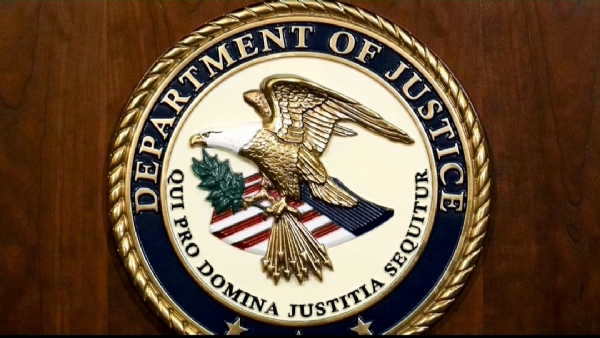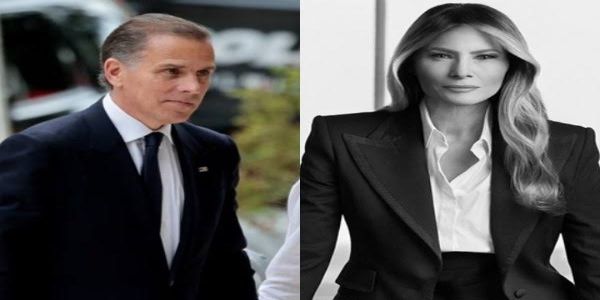
Mexico City ,13August (HS): In one of the most significant cross-border security operations of the year, Mexico has extradited 26 high-profile inmates accused of serving as key operatives for the nation’s most powerful drug cartels to the United States.
The transfer — the second large-scale handover of its kind in 2025 — targets alleged members of the Jalisco New Generation Cartel (CJNG) and the Sinaloa Cartel, syndicates responsible for much of the violence and narcotics smuggling on both sides of the border. U.S. authorities say the individuals face charges ranging from murder to organized crime, with several tied to fentanyl trafficking networks.
Among them is Abigael González Valencia, alias El Cuini, reputed financial mastermind of the CJNG and brother-in-law to the cartel’s elusive leader, Nemesio “El Mencho” Oseguera. Also reportedly on the list is Roberto Salazar, accused of killing a Los Angeles County sheriff’s deputy, a case that has drawn close scrutiny in the U.S.
Mexican officials emphasized that all extraditions were contingent on guarantees none of the suspects would face the death penalty, in line with longstanding national policy. The U.S. Embassy hailed the move as a decisive strike against transnational organized crime.
This latest operation follows a February transfer of 29 cartel figures, including the infamous Guadalajara Cartel co-founder Rafael Caro Quintero, wanted for the 1985 murder of DEA agent Enrique “Kiki” Camarena. While the current roster may lack the same notoriety, security analysts say their operational roles make them strategically important in dismantling cartel logistics and finance.
The extradition comes amid mounting political pressure from Washington, where President Donald Trump has repeatedly demanded tougher action against cartels and threatened tariffs on Mexican goods. President Claudia Sheinbaum has flatly rejected any foreign military action on Mexican soil, stressing that cooperation will remain “based on sovereignty and mutual respect.”
Still, the coordinated transfer offers Sheinbaum a diplomatic victory — a high-profile demonstration of her government’s willingness to confront cartel influence while maintaining control over Mexico’s security narrative.
With cartel violence and fentanyl flows continuing to dominate the bilateral agenda, the latest extraditions signal that U.S.–Mexico security cooperation remains robust, even under the strain of political rhetoric and trade threats.
---------------
Hindusthan Samachar / Jun Sarkar








